Trauma Therapy Sessions for Women
When we experience a trauma, our mind and body enter a state where we begin to feel overwhelmed, which causes us to either take flight, fight, freeze, or fawn in order to survive.
While these responses are helpful while the trauma is occurring, they start to become harmful if they last and continue long after the trauma is gone.
I work with you to help you become aware of your trauma responses and teach you to self-soothe in order to let your mind and body know they are no longer in danger. As part of your therapy, you will learn how to decipher actual danger from perceived danger.
I’ll also work with you on trauma processing when appropriate. Utilizing EMDR as a tool to help take the negative charge out of your traumatic experience and replace it with more adaptive responses.
My patients often feel more empowered and hopeful after processing their trauma successfully.
Schedule your free discovery call with me today!
Questions? Call us at: 347-926-3659
If you are ready to start the journey towards healing, then we invite you to contact us today.
What are the warning signs of trauma?
For women, recognizing the early warning signs of trauma is not just about seeking help; it’s about embracing a path to renewal and strength. The experiences, resilience, and approach to recovery can vary. Widely. Let’s explore the critical signs of trauma and how acknowledging them can be the first step toward a brighter, healthier future.
- Feeling on edge suddenly: A common sign of trauma is a heightened state of alertness or feeling unsafe all of a sudden. It’s the mind’s way of remaining on constant alert to protect a person from any past threats it perceives as ongoing. Identifying this signal is the first step toward understanding trauma and how to soothe the feelings it comes with.
- Emotionally numb: Trauma can manifest by feeling disconnected from emotions, unable to enjoy activities or hobbies that a person is used to, or struggling to connect with loved ones. This occurs when the mind tries to numb the pain or similar feelings, but in doing so, it also detaches the senses of joy or excitement.
- Disruption of sleeping patterns: If a person sleeps more than they used to, has insomnia or constant nightmares, it can be the body’s response to stress. Understanding that these sleep issues are connected to trauma is the first step in finding strategies to improve the sleep quality and overall well-being of the person.
- Foggy memory: If recalling details from the past, especially about the traumatic event, feels impossible, or if the person is finding everyday forgetfulness more typical, they are likely facing the memory challenges associated with trauma. This “memory fog” is another way the mind attempts to protect them from painful memories.
- Trouble focusing: Having difficulty concentrating during daily tasks or at work can occur frequently to those dealing with trauma. Recognizing this lack of focus can empower the person to find effective strategies for improving concentration and productivity.

